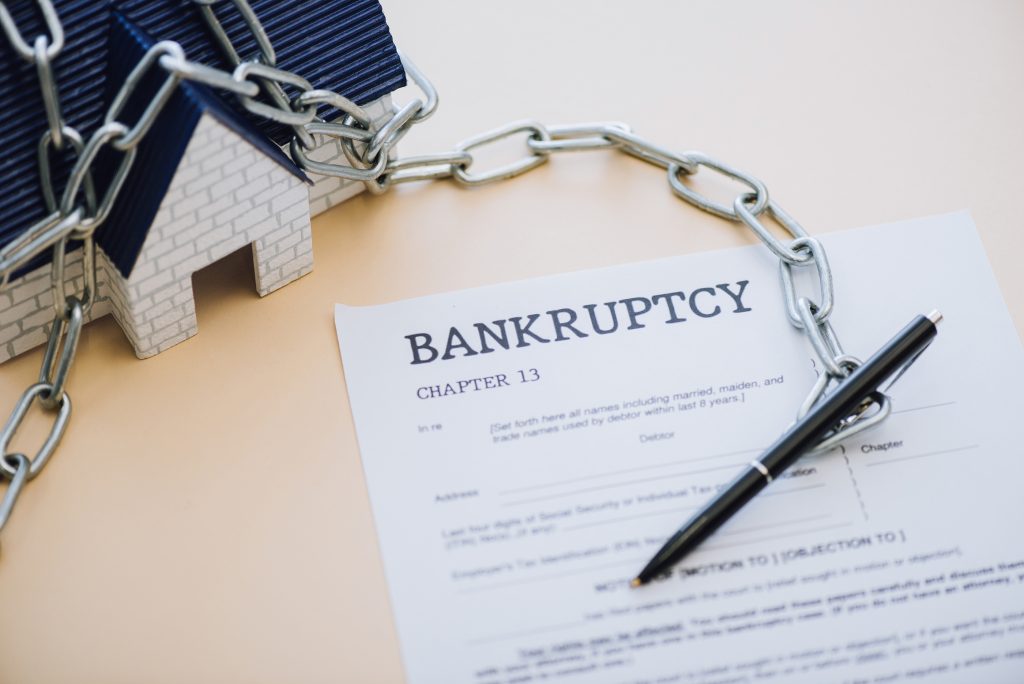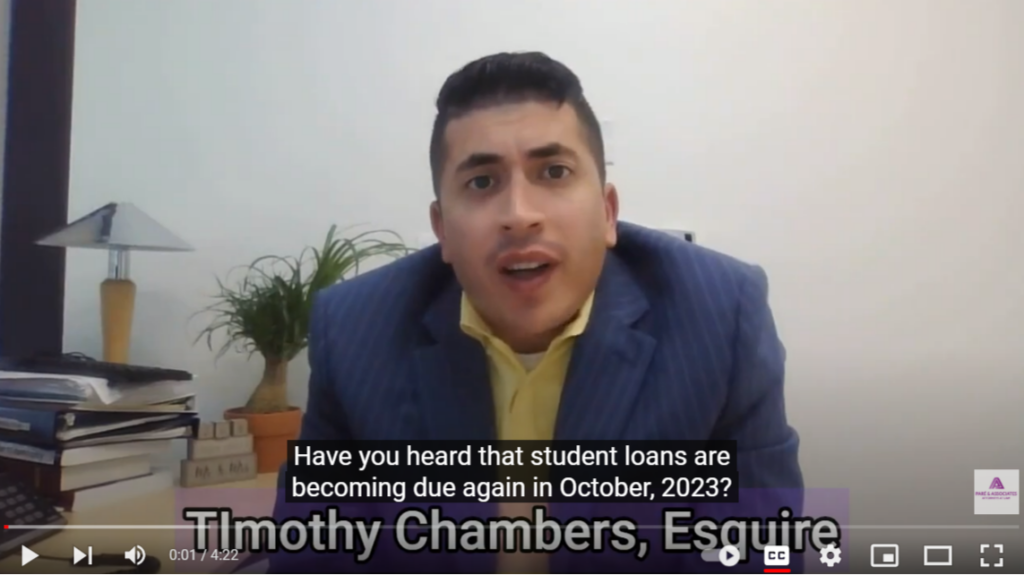If you’re in a domestically violent situation, there are processes in the legal system to help you. You can get a protective order, which will help you keep your abuser away from you and allow you to have custody of your children. A protective order can vacate abuser from your house and keep abuser away from your school or your work. It seems like an overwhelming process to try to get an protective order, but it’s actually easier than you may think.
Let us help you walk you through it.
What’s the Difference? – Protective Orders vs. Peace Orders
So there are protective orders and peace orders. They’re both what we fall on the umbrella of restraining orders. So protective orders are for people who are married to their abusers. If the related by marriage or by blood, if you have a sexual relationship with your abuser, if you have children in common with your abuser, all those sort of relationship umbrellas, anything that we’re generally where you have a relationship with your abuser in any way, or have had a relationship with your abuser in the past year.
Anything other than that, like neighbors, a person at your workplace, or maybe someone that your kid goes to school with. Those kinds of things are file under peace orders. If you are eligible for a protective order, you have to get a protective order. If you’re not eligible for protective order, then you would get a peace order.
Now, protective orders are issued for a certain set of facts that may have to have, you have to have grounds to get a protective order. In order to establish that you are enormous to have those grounds for a protective order, you have to prove that there was an assault. There was an act that puts you in fear of imminent, serious bodily harm. There could be rape or sexual assault or attempt to rape or sexual assault. Other situations that would be grounds include stalking, false imprisonment, or mental injury of a child.Those are the grounds for protective orders.
Unfortunately, under the law, currently harassment is not a ground for a protective order. It is however ground for a peace order. Now in order to get a protective order, you go to the district court or the circuit court during working hours. If it is not during working hours, you would go to the court commissioner in your county. Here in Montgomery County in Maryland, the court commissioner is in the district court building – on North Jefferson Street in Rockville. There are a side door on the left side of the courthouse, where it says, commissioner on the outside. You would go in that door. That’s for anything that you need to file either after hours, or on weekends or holidays. When you go to the commissioner, the commissioner is going to ask you to fill out a form – called Petition for Protection from Domestic Violence.
You’ll fill it out. You’ll tell the court what happened, what your relationship to the abuser is and what happened to cause you to come seek a protective order. The commissioner will likely grant you an interim order. And I say, it’s likely because the burden of proof to get interim order is relatively low. Now it is possible for it to be denied, but again, it’s relatively unlikely. The court will issue an interim order. An interim orders are only good for a short amount of time. So usually if you get it, let’s say on the Saturday, they’ll make, come back on Tuesday for a temporary order.
Now the temporary order is again, a short term order. It’s temporary, it’ll last for seven days. So the temporary order can order the abuser, not to abuse, threaten to abuse and harass you. It can order the abuser to stay away from your home.It can vacate the abuser from your home. That means the order can make the abuser, leave your home, and he can give you temporary custody of any minor children. It can order the abuser to stay away from another location or from someone else.
A lot of remedies that are offered are done to try to keep you safe – but the temporary order will last for seven days and then you’ll have a final protective order hearing. The final protective order is usually good for one year. At that time, the court can do the same sorts of things so they can do temporary custody. They can do a, a vacate. They can order the abuser to stay away from you, stay away from your home, your workplace, another house, if you’d like, and they can order, what’s called emergency family maintenance. And that is designed to be money that would help to support you as, because you’ve had to leave the situation because of domestic violence.
It’s important that you think about protective order. It has lots of remedies, but they are really big implications. So while it’s relatively easy to get an interim and a temporary. And I’m again, when I say easy it’s because the burden is relatively low to get those orders, it is much more difficult to get a final protective order.
When you come to that point, it’s important to have an attorney because I have the final protective order hearing. There’s a couple of options that will be available at court. During the, during the protective order, the court, the abuser could consent to the entry of a protective order against them. That would mean that the court would enter a protective order without any findings of fact. In other words, it means that the court wouldn’t hear any information and wouldn’t make a determination as to whether or not the abuse happened or not, but they could issue the relief so they could issue a temporary custody order.
They could issue a “vacate” and “stay away” provisions for a protective order. If the abuser won’t consent to the entry of a protective order against them, then if you want to seek a protective order, you’ll have to have a hearing at that time. You’ll have to have a hearing on whether or not the court should grant your protective order. Based on the incident of abuse, the court will hear information from you and from the abuser in a formal court proceeding. The rules of evidence will be in place and the court will have to adhere to those rules. It’s important to be able to navigate them and to understand what’s important. And what’s not. That’s where a lawyer can be essential and making sure that you present the evidence that you need to present an object, make objections, where you need to make objections in order to be successful in your pursuit of the protective order.
Now, when someone files a protective order against you, it’s equally as important to find representation because the relief that’s offered in a protective order has relatively big stakes. It could, mean the abuser would be removed from their house for up to a year. There’s also potentially money at stake. There’s custody of children. All of these things are important. And in a hearing again, evidence rules are important. Objections are important. Forms of questions are all important. Those things are of significant importance for the court. Therefore it should be something that you take seriously. And when you move forward, you should let a lawyer helping navigate through that process.
We have a lot of clients who seek a protective order and they’re married to their abuser. Then they have separation issues, divorce issues, and we also have to deal with those are important steps that need to be addressed as well. If you have children or a child in common with your abuser and there’s custody issues, there’s child support issues that may come up.
It’s important to think about that and think about how to make a plan to address the protective order, the safety concerns, but also what might be coming next in terms of a separation, a separation agreement, filing for divorce and how to proceed down the path.
We can walk you through from the protective order to a separation, to a divorce, to custody concerns, and child support. We’re happy to help you with that. Let us be your advocate. Give us a call.
At Paré& Associates, LLC (formerly the Law Office of Alice Paré), we have been helping clients in Germantown, Gaithersburg, throughout Montgomery County, and all of Maryland for more than thirty (30) years.
Our attorneys are available to meet with you in person, over the phone, or online – however, you prefer. If you are ready to consult with an attorney, or just need some questions answered, contact us here, go online to schedule an appointment, or call us at 301-515-1190 to set up an initial consultation.






 20300 Seneca Meadows Pkwy Suite # 210
20300 Seneca Meadows Pkwy Suite # 210 301-962-2492
301-962-2492 frontdesk@alicelaw.com
frontdesk@alicelaw.com


